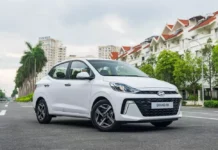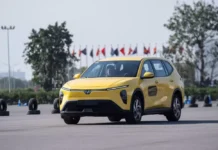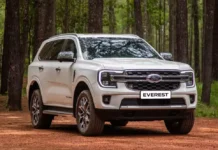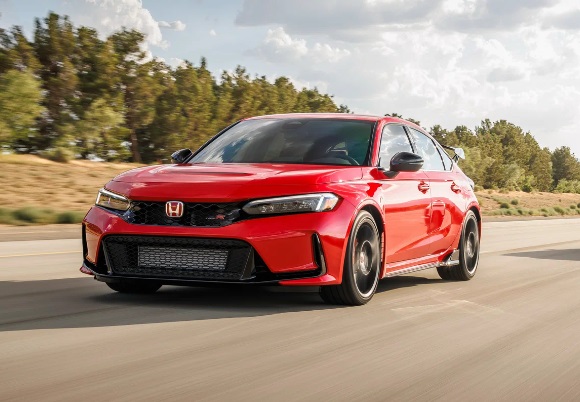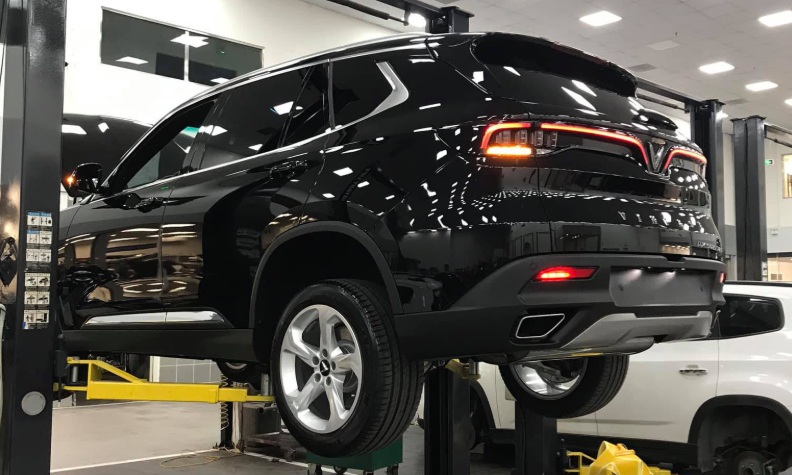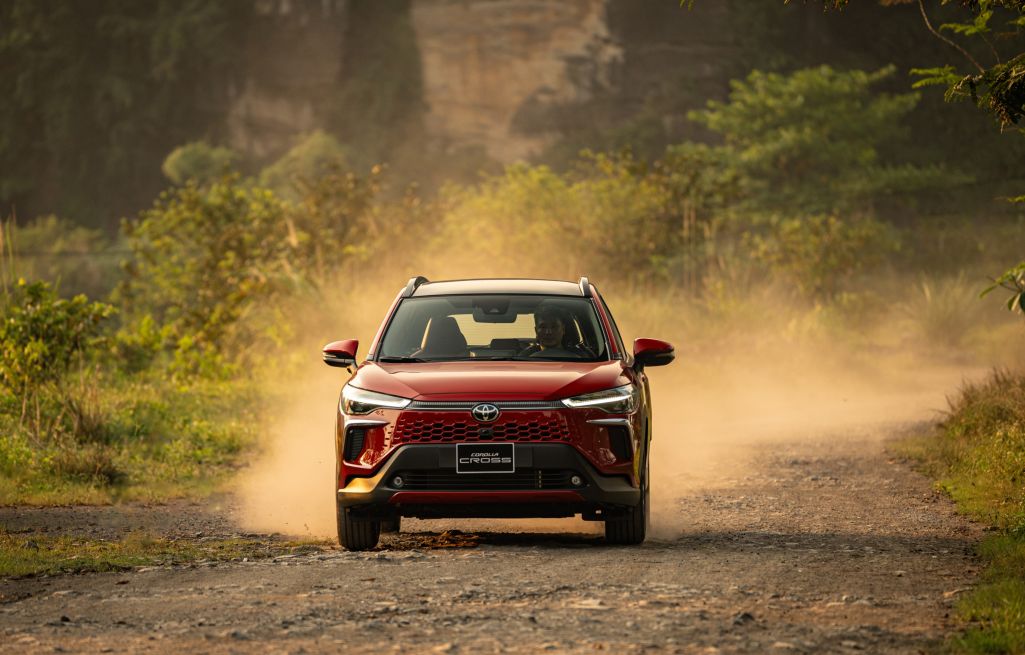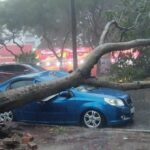For many Vietnamese, owning a car is not just a means of transportation but also a symbol of stability and success. However, the purchase price is just the beginning of the financial commitment.
The real financial burden comes from maintaining and operating the vehicle throughout its lifetime. The article below analyzes the specific costs that consumers should consider before deciding to buy a car.
Purchase cost: It’s not just the listed price
One common misconception when buying a car is relying solely on the listed price to calculate the budget. In reality, the total cost to legally drive a car on the road is often 10 to 15% higher than the listed price. This difference comes from registration fees (ranging from 10 to 12% depending on the locality, with the highest at 12% in Hanoi; electric vehicles in Vietnam are currently exempt from registration fees), license plate fees (up to 20 million VND in Hanoi and Ho Chi Minh City), mandatory insurance and physical damage insurance (ranging from 4 to 15 million VND per year), as well as inspection and road maintenance fees of about 2 million VND per year. For example, a B-segment sedan with a listed price of 500 million VND can increase to 565 to 580 million VND after including all fees.
Fuel cost: Consider all types of fuel
For cars with gasoline or diesel engines, the average fuel consumption is 6 to 9 liters per 100 km. With the current gasoline price of nearly 20,000 VND per liter, every 1,000 km of operation can cost between 1 and 2 million VND in fuel. Hybrid vehicles are more economical, consuming only 4 to 6 liters per 100 km, but they are more expensive to buy initially. On the other hand, electric vehicles have a significant advantage in operating costs, with only 25,000 to 40,000 VND spent on electricity per 100 km. However, electric car owners need to invest in home charging station installation, ranging from 10 to 30 million VND. In apartment buildings, this process is more complicated due to infrastructure and operational regulations.
Maintenance and repair costs: Not to be taken lightly
Every year, cars need to be serviced periodically, with an average cost of 3 to 5 million VND per service, usually every six months or after every 5,000 to 10,000 km. In addition, car owners need to pay for replacement items such as tires, batteries, engine oil, air filters, and spark plugs. The total cost of these items can reach 15 to 30 million VND per year if the car is used frequently. Electric vehicles may save on some items like engine oil changes, but the cost of replacing the battery after the warranty period can be up to 100 to 200 million VND, which is not a small amount.
Parking fees, toll roads, and traffic fines: Hidden costs to consider
In large cities, monthly parking fees range from 1 to 3 million VND depending on the location and type of parking. When traveling inter-provincially or on toll roads (BOT), the toll fees for each trip can range from tens of thousands to hundreds of thousands of VND. Additionally, with the increasing number of surveillance cameras, it is becoming more common to be caught for traffic violations and receive fines.
Asset depreciation: Cars lose value quickly over time
Cars are a type of asset that depreciates rapidly. After one year of use, a regular car can lose 10 to 15% of its value. After three years, the depreciation can increase to 25 to 30%. By the fifth year, many cars lose up to 40 to 50% of their initial value, not including cases of accidents or technical faults. A car worth 800 million VND when new may only resell for about 450 to 500 million VND after five years of use.
Buying a car is a long-term financial commitment
There’s no denying the convenience that cars bring, from safe transportation to protection from rain and sun, and flexibility in time management. However, maintaining a car in Vietnam’s traffic and living cost conditions is not a simple financial matter. Before deciding to buy a car, consumers should ask themselves: Do I really need a car for daily commuting? Can my monthly income cover the fixed and variable costs associated with car ownership? Is there a convenient parking space available? And should I buy a new or used car, or opt for a car rental service instead?
TH (Tuoitrethudo)
Does Car Insurance Cover Natural Disaster Damage?
In recent days, the onslaught of Typhoon No. 3 in the northern provinces has had a significant impact on the lives of the people. The storm has caused widespread damage, with strong winds and heavy rains leaving a trail of destruction in its wake. The resilience of the community is being tested as they navigate through the aftermath, picking up the pieces to rebuild their lives.
What to Expect from Your Car Insurance When It’s Damaged by Trains
Introducing the all-new Hyundai Creta – a sleek and powerful SUV that packs a punch. But one fateful day, tragedy struck as it was hit by a train while parked near railway tracks. The question now lingers: will insurance cover the damage? Uncover the fate of this formidable vehicle and whether its owner will receive the compensation they deserve. Step into the world of Hyundai Creta and embark on a journey of intrigue and uncertainty.
























